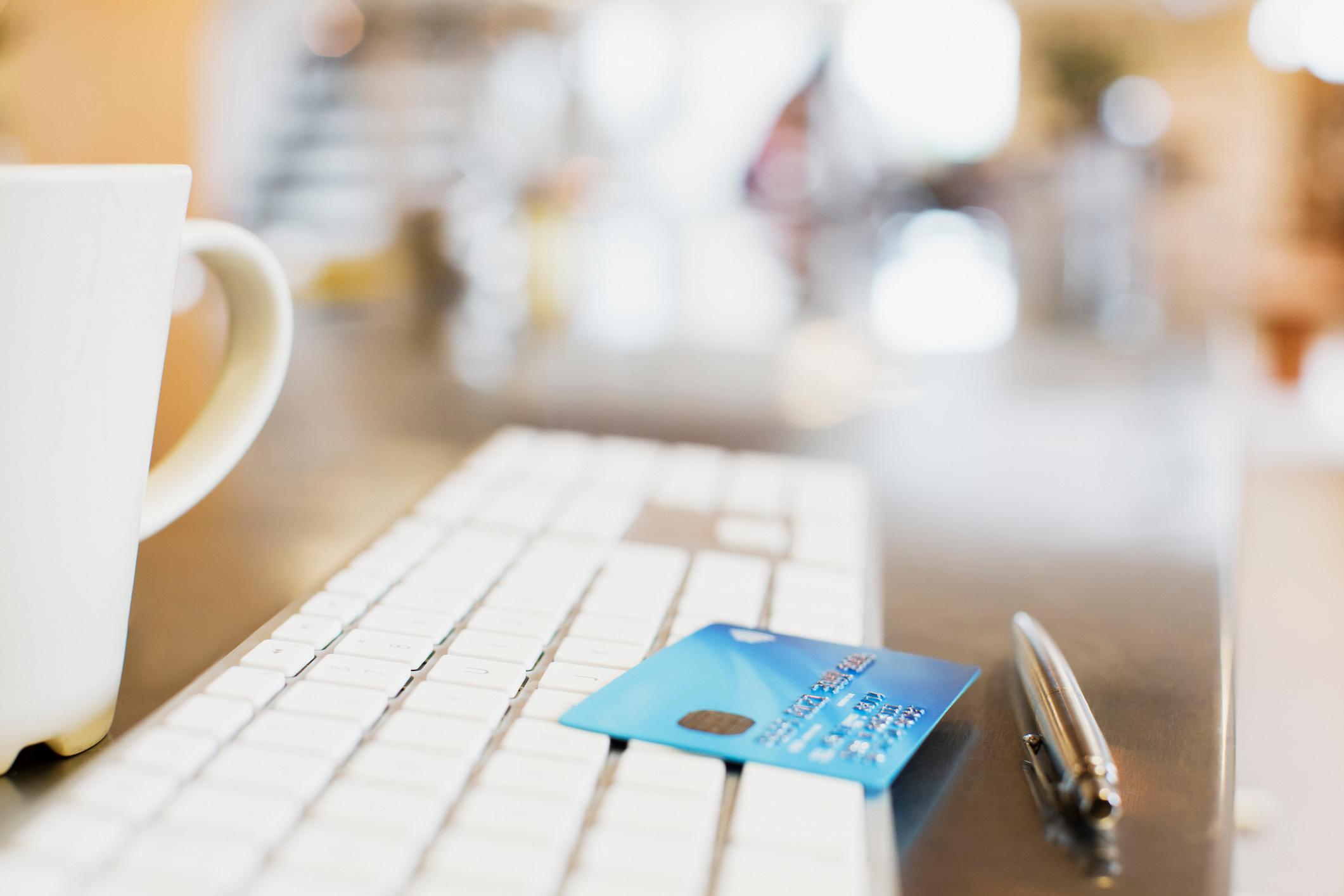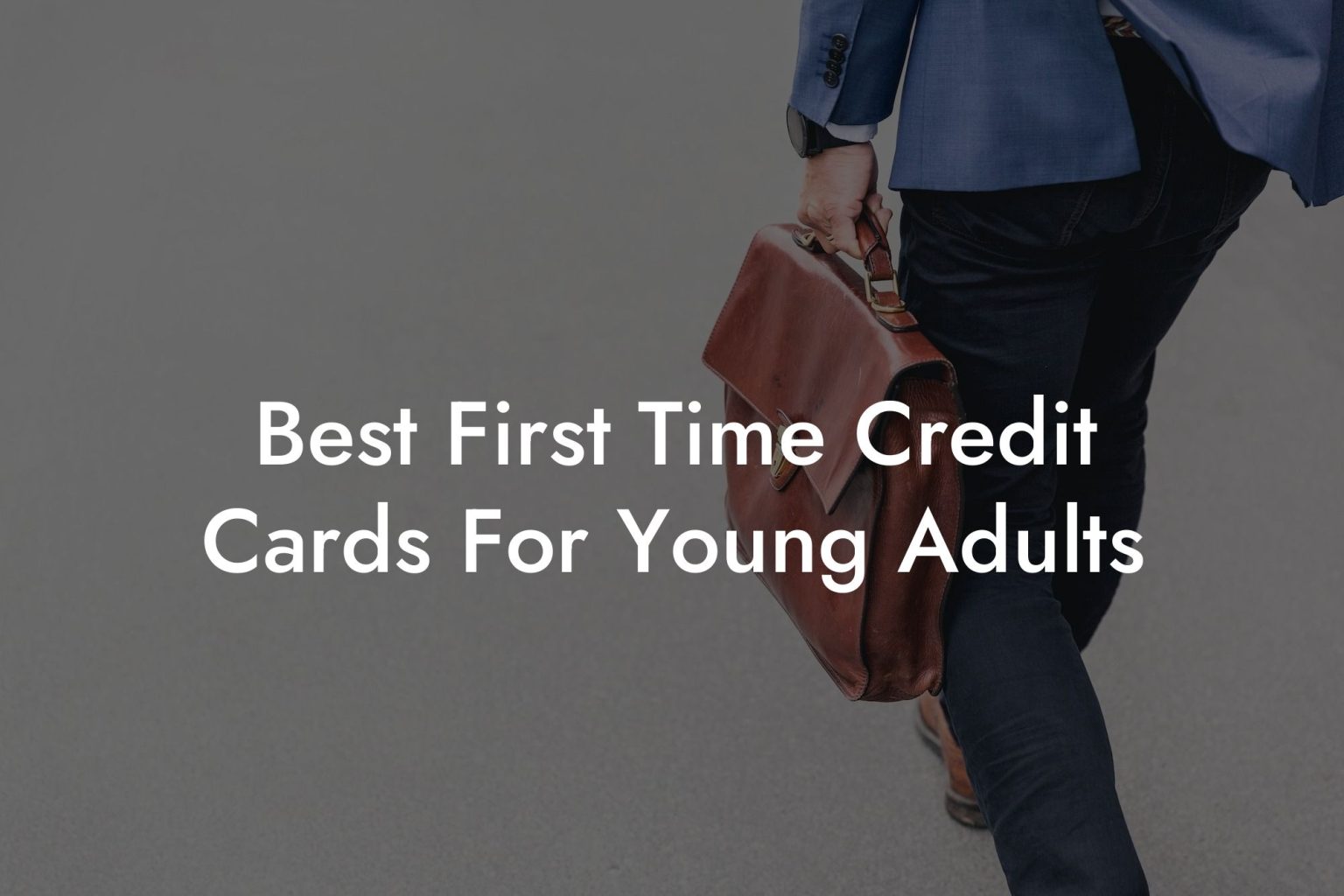Getting your first credit card feels like a big step, doesn't it? It's like you're unlocking a new part of being an adult, and that can feel pretty exciting, yet maybe a little bit scary too. For many people, this piece of plastic or digital access is the very first real building block for their financial standing, a way to show that they can handle money responsibly over time. It's a tool, you see, that can open up possibilities down the road, whether that's getting a car loan or even buying a home someday.
When someone asks what the "best" thing is, that's a question that often means something different to everyone, right? Like, I might say chocolate is the best, but you might prefer vanilla, and that's perfectly okay. What one person thinks is the best for a particular situation, another person might see differently, and that's just how things go. So, when we talk about the best first time credit cards, we are really talking about what works out well for you, personally, at this moment in your life.
Finding the right one, the one that fits your particular needs and helps you start off strong, is what this is all about. We're here to help you figure out what to look for, what makes a card a good pick for someone just starting out, and how to use it in a way that helps you, rather than causes headaches. It's about making a smart pick that helps you build something good for your future, you know, a solid foundation.
- Did Eddie Guerrero Die In The Ring
- Charlie Sheen Death
- The Black Dahlia Crime Scene Photos
- Who Is Emily Compagno
- Bill Oreilly New Wife
Table of Contents
- Why Get a First Credit Card Anyway?
- What Should You Look For in Best First Time Credit Cards?
- Are Secured Cards the Right Choice for Best First Time Credit Cards?
- Are Student Cards Good Options for Best First Time Credit Cards?
- Making Your First Card Work for You
- More Thoughts on Using Your First Card
- When Is the Best Time to Get a First Credit Card?
- What Common Mistakes Should You Avoid with Best First Time Credit Cards?
Why Get a First Credit Card Anyway?
So, you might be thinking, "Why do I even need one of these?" Well, in a way, it's about showing that you can handle money when it's given to you on a promise. Imagine you want to get a loan for something big later, like a house or a car. The people who lend money want to feel sure you'll pay them back. They look at something called your credit history, which is basically a report card of how you've handled borrowed money in the past. Having a credit card and using it well helps you build that history, piece by piece, making you look like a good bet for future lenders. It's pretty important, actually.
The Purpose of Best First Time Credit Cards
The main idea behind getting one of the best first time credit cards is to begin creating a financial record. This record shows how reliable you are when it comes to paying back what you owe. It's kind of like building a reputation, but for your money habits. A solid record can make things like renting an apartment easier, or even getting better rates on insurance. It’s a tool that can help you show financial maturity, which is really what it comes down to. You want to pick something that helps you achieve that goal without too much fuss.
What Should You Look For in Best First Time Credit Cards?
When you're just starting out, the "best" card isn't usually the one with all the fancy bells and whistles. It's more about simplicity and building good habits. You're probably looking for something that doesn't cost you a lot just to have it, like an annual fee. Those fees can eat into your budget, especially when you're not making much money yet. Also, a card that helps you see your progress, maybe with free credit score updates, can be super helpful. It's about finding a card that supports your goal of becoming financially responsible, not one that tries to get you to spend more.
- Jason Beghe Height
- Rudy From The Cosby Show
- Uptv Schedule Today
- Caleb Love Controversy
- Who Is Dana Bash Dating
Key Features for Best First Time Credit Cards
For best first time credit cards, think about a few things. First, look for cards with no annual fee. This means you don't pay just for the privilege of having the card, which is a big plus. Second, consider cards that report to all three major credit reporting groups. That way, your good payment habits get seen by everyone who matters. Third, simple rewards, if any, are better than complicated ones. Maybe a little cash back on everyday purchases, but nothing that encourages you to spend more just to get a reward. A card that offers educational resources on how credit works can also be a really nice touch, helping you learn as you go.
Are Secured Cards the Right Choice for Best First Time Credit Cards?
For some people, especially if they have no credit history at all, or perhaps a tricky past, a secured card can be a really smart move. With these cards, you put down a deposit, and that deposit often becomes your credit limit. So, if you put down $300, your spending limit is $300. It feels a bit different from a regular card, but it's still reported to the credit bureaus, showing that you can make payments on time. It's a safe way to show you're trustworthy with money, and after a while, if you do well, you can often switch to a regular, unsecured card and get your deposit back. It's a pretty good stepping stone, you know?
Understanding Secured Best First Time Credit Cards
Secured best first time credit cards work by asking you for a security deposit. This deposit reduces the risk for the bank, which is why they are often easier to get for someone just starting out. The important thing is that even though your own money is backing the card, the bank still reports your payment activity to the credit reporting agencies. This means every time you pay your bill on time, you are building up your credit history. It’s a very direct way to prove you can handle credit, and it can be a really effective path to getting a traditional card later on. Some even offer a path to upgrade after a period of good behavior, which is a nice feature.
Are Student Cards Good Options for Best First Time Credit Cards?
If you're a student, there are cards made just for you, and they can be really good picks for your first one. Banks know that students often don't have a long work history or much credit experience, so these cards are often a bit easier to get approved for. They might come with some perks that appeal to students, like rewards on things like textbooks or dining out. The idea here is to help young people start building credit while they're still in school, setting them up for a financially sound future. It's a way to get a head start, so to speak, on financial responsibility.
The Benefits of Student Best First Time Credit Cards
Student best first time credit cards are designed with the typical student life in mind. They often have lower credit limits to help prevent overspending, which is actually a good thing when you're learning. Some might offer rewards on categories that students use a lot, like groceries or gas. Plus, many student cards include tools or resources to help you understand credit better, like how interest works or how to read your credit report. This educational aspect can be incredibly helpful for someone who is new to managing their own money, helping them avoid common pitfalls. They are pretty helpful, honestly, for getting started.
Making Your First Card Work for You
Getting the card is just the first part; making it work for you is the real trick. The most important rule is to pay your bill on time, every single time. Seriously, this is the biggest thing that helps your credit score grow. Even if you can only pay the minimum amount due, make sure it's paid before the due date. Better yet, try to pay off the full balance each month. That way, you avoid paying interest, which can really add up. It's about being consistent and showing that you're reliable, which is what lenders really care about. It's a bit like showing up for class every day; consistency pays off.
Wise Habits for Best First Time Credit Cards
When you have one of the best first time credit cards, try to keep your spending low compared to your credit limit. This is called your credit utilization, and keeping it under 30% is generally seen as a good idea. So, if your limit is $500, try not to spend more than $150. Also, check your statements regularly. Make sure all the charges are yours and that there are no mistakes. You can also get free copies of your credit report each year from the main credit reporting groups. Looking at these helps you see how you're doing and catch any errors early. It's pretty straightforward, but it takes a little bit of attention.
More Thoughts on Using Your First Card
It's easy to think of a credit card as extra money, but it's really not. It's borrowed money that you have to pay back. So, a good rule of thumb is to only charge things you could afford to pay for with cash right now. This helps prevent you from getting into debt, which can be a real burden. Think of it as a convenient way to pay, and a way to build your credit, rather than a way to buy things you can't truly afford. This mindset is very important for long-term financial health, and it helps you stay in control of your money, which is what you want.
Getting the Most from Your Best First Time Credit Cards
To really get the most out of your best first time credit cards, consider using them for small, regular purchases that you already budget for, like a streaming service subscription or your morning coffee. This way, you're using the card consistently, which helps build your history, but you're not overspending. Set up automatic payments for your minimum due amount, just in case you forget, and then try to pay the full balance manually. This combination gives you a safety net and helps you avoid interest. It's a pretty smart way to go about it, actually, making your money work for you.
When Is the Best Time to Get a First Credit Card?
Deciding when to get your first credit card is a personal choice, but generally, it's a good idea to wait until you're at least 18 years old. If you're under 21, you might need to show proof of independent income or have a co-signer, like a parent, on the application. The best time is really when you feel ready to manage your money responsibly. That means you have a steady income, even if it's small, and you understand that you need to pay back what you borrow. It's about being prepared, more or less, for the responsibility.
Timing Your Best First Time Credit Cards Application
Think about your current financial situation. Do you have a part-time job? Are you good at sticking to a budget? These are important questions to ask yourself. You don't want to get a card just because everyone else is, but because you're genuinely ready to handle it. Applying too early, before you're prepared, could lead to mistakes that hurt your credit history before it even really gets started. So, take your time, understand what you're getting into, and apply when you feel confident you can manage it well. It's a bit like learning to drive; you want to be ready before you hit the road.
What Common Mistakes Should You Avoid with Best First Time Credit Cards?
There are a few common pitfalls that new cardholders often stumble into, and knowing about them can help you steer clear. One big one is overspending. It's easy to get carried away when you see that credit limit, but remember, it's not free money. Another mistake is missing payments or only paying the minimum every time. This can lead to high interest charges and a lower credit score. Also, don't apply for too many cards at once, as each application can temporarily ding your credit score. It's better to get one or two of the best first time credit cards and use them well, rather than having many that you can't keep up with. These are simple things, but they make a real difference.
Steering Clear of Problems with Best First Time Credit Cards
To avoid problems with best first time credit cards, always keep an eye on your spending. Set up alerts from your bank if they offer them, so you know when you're getting close to your limit or when a payment is due. Don't use your credit card for things you absolutely cannot afford, especially if it's something you don't truly need. If you ever find yourself struggling to make a payment, reach out to your card company right away. They might be able to work with you. Ignoring the problem only makes it worse. It's all about being proactive and responsible, which is pretty much the core of good money management.
Related Resources:



Detail Author:
- Name : Leora McGlynn
- Username : elwin.huels
- Email : qlarkin@johns.info
- Birthdate : 1985-02-11
- Address : 30008 Flossie Parkways Suite 564 Elmiraville, NM 63616
- Phone : (816) 408-9256
- Company : Schuppe PLC
- Job : Engine Assembler
- Bio : Sint ut et iure. Sint vitae debitis quasi. Voluptas voluptates aliquam est recusandae est laudantium quia.
Socials
twitter:
- url : https://twitter.com/prosacco2010
- username : prosacco2010
- bio : Laboriosam et aut quos. Aut quod numquam nobis odit.
- followers : 4665
- following : 379
facebook:
- url : https://facebook.com/gerhardprosacco
- username : gerhardprosacco
- bio : Voluptas beatae consequuntur alias dolores ratione enim debitis.
- followers : 646
- following : 2656